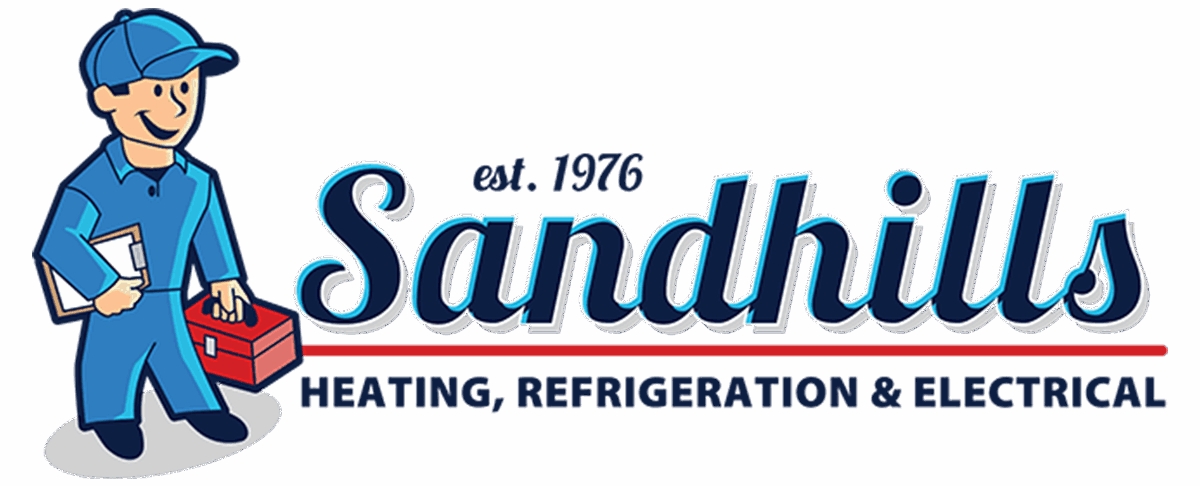Your kids probably spend quite a bit of time in the bedrooms of your home in Aberdeen, North Carolina. The average person sleeps for seven hours per night, and that doesn’t include any time spent in the bedroom watching TV, reading, doing homework, talking to family members, or relaxing. Younger kids need even more sleep to promote healthy development. If you notice your kids constantly wake up in the morning with stuffy noses and congestion, you may need to make some changes around the home.
Allergies
When kids are allergic to something in the air, whether it’s pollen, dust, or something else, they’ll often experience worsening symptoms when they’re asleep at night. This may be worse in the morning because they’ve been breathing in those contaminants all night.
You can combat this for your children by allergy-proofing their bedrooms. Start by washing the bedding in very hot water to kill any dust mites or other allergens living in the material. Encase the pillows and mattress in covers that resist dust mites. Get rid of curtains or tablecloths located close to the bed, since these can harbor dust and cause allergies. Keep up with the allergy-proofing by washing bedding at least once a week and replacing any bedding that contains wool or feathers, which can cause allergic symptoms.
Dust Mites and Dander
Dust mites and dander can cause irritation and congestion, especially in those who are allergic. Taking steps to allergy-proof your child’s bedroom can help eliminate the dust mites, but if your pet climbs on the bed, you’ve basically taken two steps backward. Pet dander is hard to treat, but the easier way to prevent allergic reactions is to keep pets out of the bedroom. If you absolutely can’t resist having Fluffy or Fido nearby, just keep the pets off the bed to help reduce allergy symptoms at least a bit.
You can also take steps to keep dust, hair, dander, and other allergens out of the bedroom by cleaning regularly. With carpeting, use a vacuum with a HEPA filter to keep this flooring clean and free of dust. If this doesn’t seem to help with the problem, it may be worth considering replacing the carpeting with hard floors, which don’t have fibers that trap contaminants. Wash area rugs regularly and mop the floors at least once a week.
Rebound Congestion
Rebound congestion is something that can happen due to overuse of a nasal decongestant spray. While this OTC remedy can be helpful when you’re suffering from a stuffy nose that makes it hard to breathe, it’s important to follow the instructions and only use it for the maximum amount of days indicated. Rebound congestion refers to the congestion that occurs when your body becomes reliant on the decongestant, causing you to feel stuffed up and uncomfortable. Break the cycle and get off the nasal spray so you can get rid of this side effect.
Dry Air
Breathing dry air from the HVAC system can also lead to congestion and discomfort, especially when your kids first wake up in the morning. When the nose becomes congested, people start breathing through their mouths, which can cause a sore throat in the morning as well. The easiest way to combat this problem is to place a humidifier next to your child’s bed. Avoid turning it on too high, which can cause the moisture level in the air to go too high and increase the risk for mold growth.
Poor Indoor Air Quality
If the indoor air quality in your home isn’t very good, your children could experience congestion when they wake up as a result of breathing that air all night. Poor air quality can happen if mold is growing somewhere in your home or if you use products that release chemicals into the air that cause allergic reactions. Bring in a professional for regular duct cleaning to keep the air quality under control. You can also use an air purifier to eliminate allergens while your kids sleep.
Improve the air quality and reduce the morning congestion by scheduling an indoor air quality service with Sandhills Heating, Refrigeration & Electrical at 910-338-3723.
Image provided by Shutterstock
*If you have questions regarding health concerns please contact your doctor or any other health care provider.

